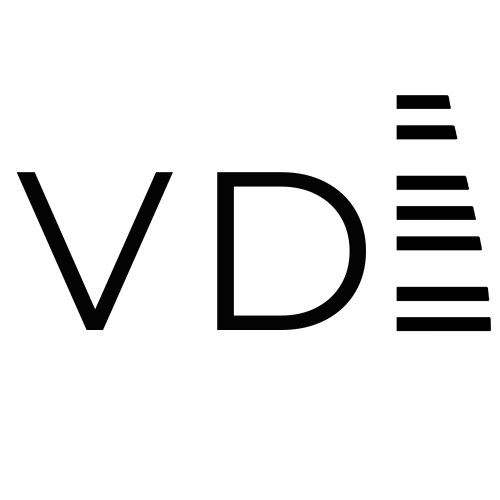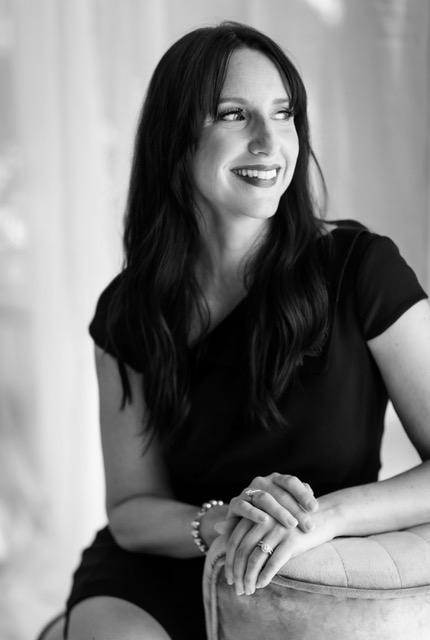Fallback: How We Grow From Being At Our Worst
with Dr. Valerie Livesay and Alis
In this episode, I am joined by Dr. Valerie Livesay, a passionate researcher who has devoted her work to illuminating the darker corners of our beings and the role our worst moments play in our long-term development. We talk about a core concept stemming from Valerie's research - Fallback - which describes those moments in life when we involuntarily revert to less mature ways of behaving and find ourselves simply unable to access our usual sense of perspective and wisdom. We discuss how vertical development is not at all a linear journey and is more of a 'two steps forward-one step backward' progression. We explore what triggers fallback, and how it manifests in our life both at work and at home. Valerie shares her insights into how we might turn moments of fallback into precious lessons for growth.
Valerie introduces us to the metaphor of theatre as a description of our multi-faceted self and the idea of "Ghost Light" as an invitation to shed light on the 'inner characters' we usually avoid facing. While befriending those 'fallback characters' can be e lifetime's work - Valerie makes an excellent case as to why it can be deeply rewarding, worthwhile work.
To dive more deeply into Dr. Livesay's work and gain a more thorough understanding of your own Fallback patterns and ways to change them, I invite you to read her book: "Leaving the Ghost Light Burning: Illuminating Fallback in Embrace of the Fullness of You" and explore the course by the same name, which Valerie will be facilitating in 2023.
For more than a decade, Valerie has been thinking about and inquiring into what I believe to be one of the most intriguing phenomena in vertical development: Fallback. Fallback happens when we unintentionally revert to a smaller, less complex, less capable form of mind. It describes all those moments when, despite our best intentions, we show up at our worst, despite the maturity we know we are capable of under the best conditions.
Following a career in higher education in both administration and faculty roles, Valerie’s present endeavors seek to extend the concepts and experiences that she studies, teaches, and writes about outside of the halls of academia, to the lives of all people trying to navigate the tricky business of showing up in alignment with their intentions in the many contexts of their world.
As Chief Illuminator at Ghost Light Leadership, Valerie accompanies individuals through their discovery of self using the analogy of theater to set the stage for their historical and unfolding story. She serves as documentarian, bringing to light the lesser known, lesser loved, and occasionally forgotten roles and scenes that make up one’s full ensemble and storyline. Through her writing, speaking, coaching, and workshop offerings, Valerie invites the many characters that comprise the full ensemble of one’s self to dance together in order to better meet their intentions. We will chat quite a bit about the characters making up our complex identities and you will have the opportunity to explore some of your own.
In her book, “Leaving the Ghost Light Burning: Illuminating Fallback in Embrace of the Fullness of You” in which she reveals both the despair and ecstasy that accompany a knowing of the fullness of one’s self through the stories of four individuals and their experiences of fallback. This longitudinal study (which was actually never intended to be a longitudinal study) allows the reader to find the fullness of themselves in the journey of development and the experience of being human.
Valerie earned her bachelor’s degree from Indiana University. She holds a master’s degree in Nonprofit Leadership and Management and a Ph.D. in Leadership Studies from the University of San Diego. Valerie lives in San Diego, California with her two cats, husband, and two children, with the latter three serving simultaneously as the most frequent protagonists of and audience to her experiences of fallback and the greatest source of her desire to do better.


